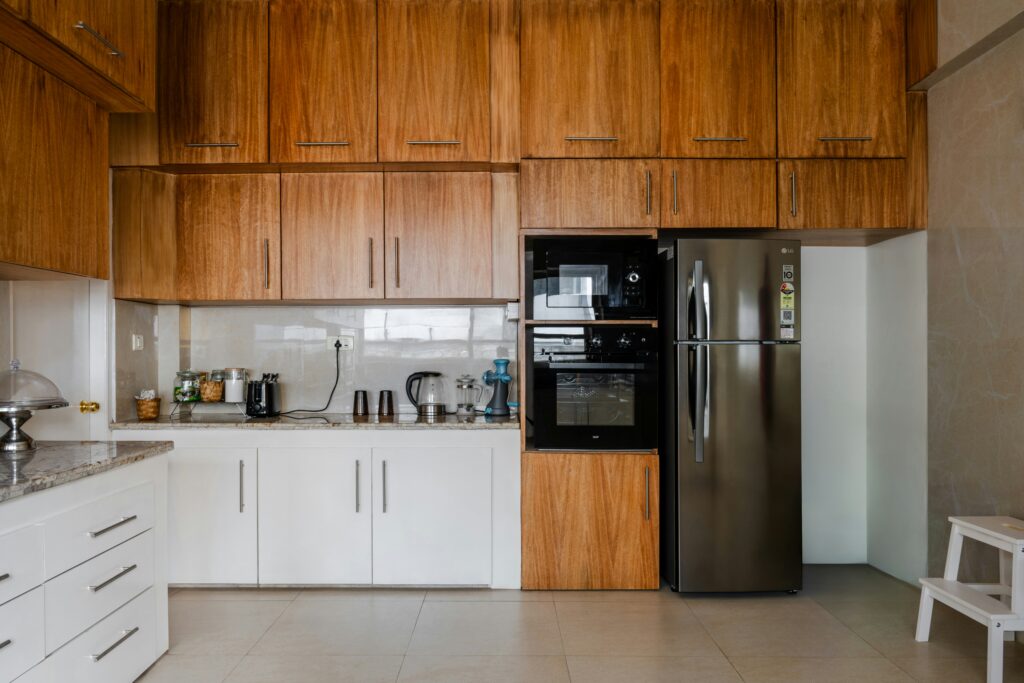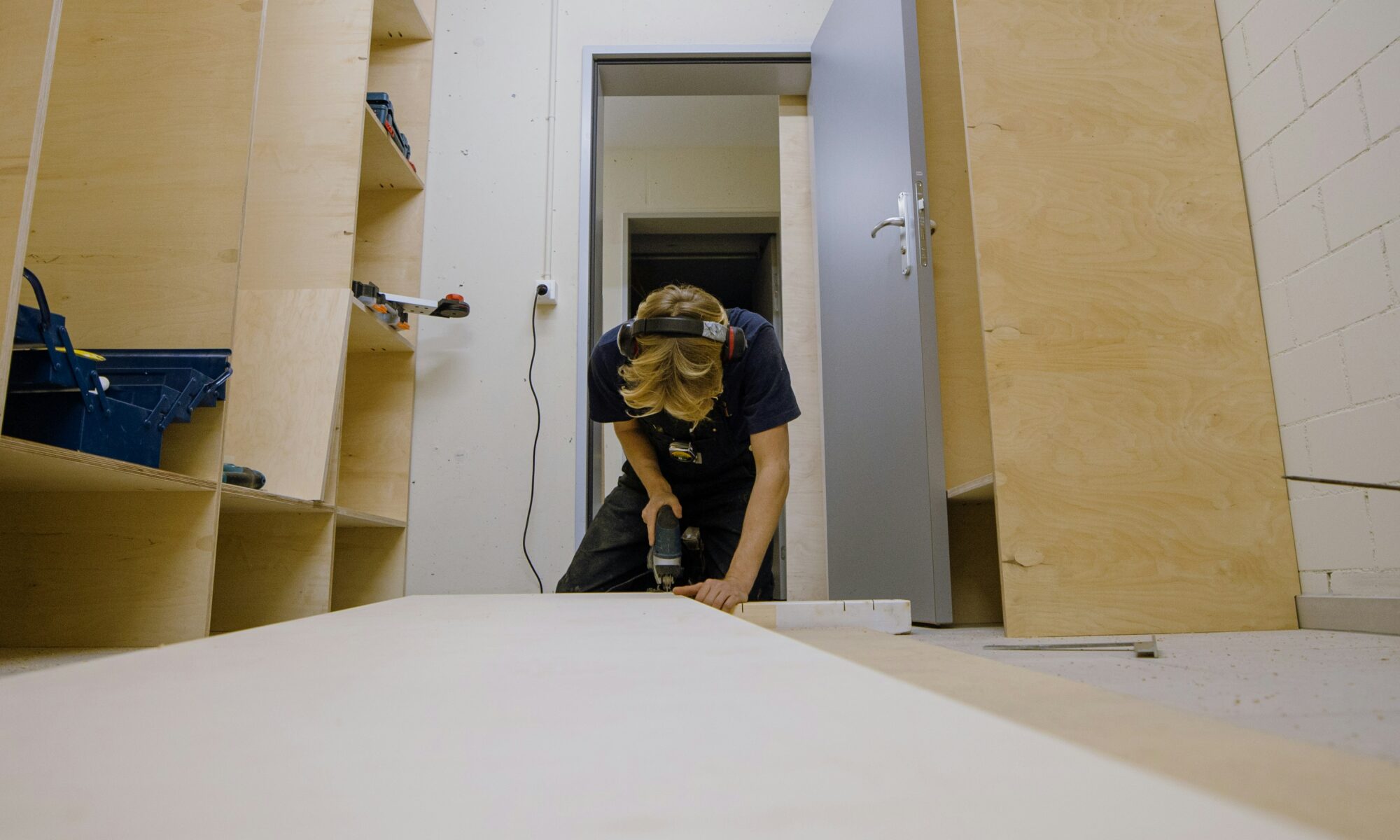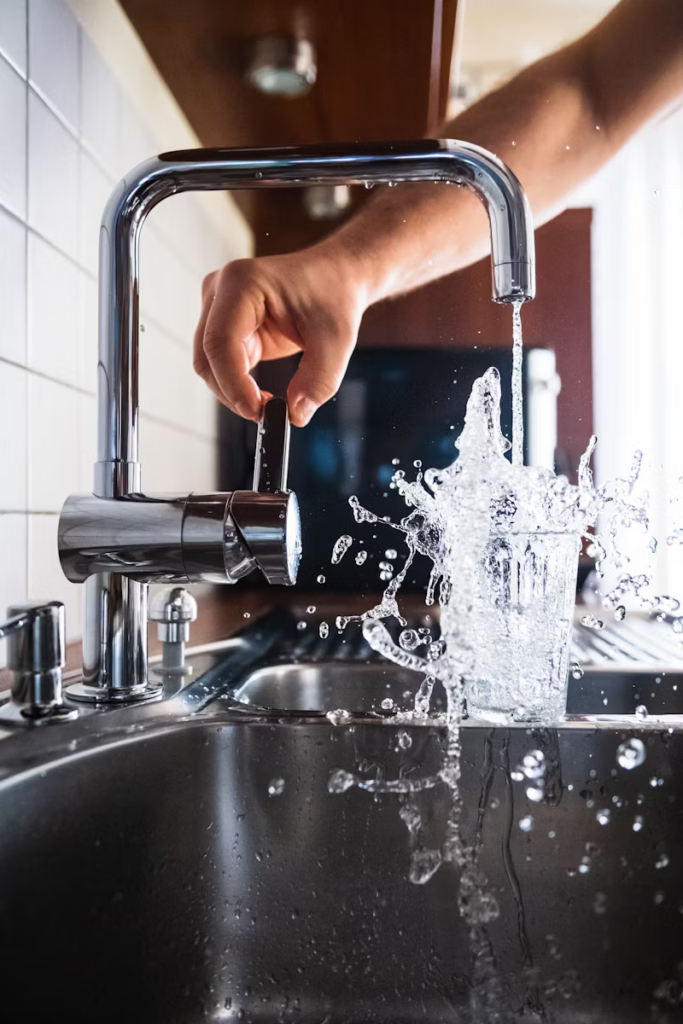The holiday season is all about joy, laughter, and celebrations. Between hosting family gatherings, festive feasts, and parties with friends, your home probably saw a lot of action. Once the celebrations wind down, it’s easy to feel overwhelmed by the mess left behind. Whether it’s leftover food stains, decorations strewn about, or cluttered rooms, returning your home to its pre-holiday state can feel like a massive task.
But don’t worry! You can tackle the post-holiday mess efficiently with the right approach and a few smart cleaning hacks. Here’s your ultimate guide to restoring order with quick and effective cleaning solutions.
- 1. Start with Decluttering
- 2. Focus on Deep Cleaning High-Traffic Areas
- 3. Tackle the Kitchen Chaos
- 4. Freshen Up the Bathrooms
- 5. Restore the Bedrooms
- 6. Use Natural Deodorizers to Eliminate Odors
- 7. Speed Up Cleaning with a Systematic Approach
1. Start with Decluttering
The first step in post-holiday cleaning is clearing the clutter. Holiday gatherings often leave behind decorations, wrapping paper, boxes, and random items scattered around the house.
- Take One Room at a Time: Start with one area, such as the living room, before moving on to others. This prevents you from feeling overwhelmed.
- Sort and Organize: Gather items like decorations, unused wrapping paper, and ribbons. Store reusable items neatly in boxes for next year. Donate or recycle anything you won’t need.
- Use Storage Bins: Use clear plastic storage bins to organize decorations. Label them for easy access next year.
A clutter-free space will instantly make your home feel cleaner and more manageable.
2. Focus on Deep Cleaning High-Traffic Areas
The living room, dining area, and kitchen are usually the most-used holiday spaces. These areas often collect dirt, food crumbs, and spills.
- Vacuum and Mop Thoroughly: Clean carpets, rugs, and upholstered furniture to remove dust, dirt, and food particles. Follow up with mopping floors, especially in high-traffic areas.
- Spot-Clean Stains: Immediately treat any stains on sofas, carpets, or dining chairs. Use a mixture of baking soda and water for stubborn stains. Dab, don’t rub, to avoid spreading.
- Clean Tabletops and Surfaces: Wipe down all surfaces with a gentle all-purpose cleaner. Pay attention to coffee tables, counters, and dining tables. For wood surfaces, use a wood-safe cleaner.
A deep clean ensures your home looks and feels fresh after the hustle and bustle of the holidays.

3. Tackle the Kitchen Chaos
If you hosted holiday feasts, your kitchen is probably the hardest hit. From dirty dishes to sticky countertops, it’s time to give your kitchen the attention it deserves.
- Clean the Oven and Stove: Grease and food splatters can build up during heavy cooking. Use a baking soda paste to scrub off stubborn stains from the oven and stove.
- Wash Dishes and Appliances: Run your dishwasher for a deep clean. Don’t forget smaller appliances like the microwave, toaster, and coffee maker, which may have collected crumbs and residue.
- Clear Out the Fridge: Toss out expired leftovers and wipe down the shelves with water and white vinegar. Organize items neatly to make space for fresh groceries.
You’ll feel less stressed and ready to return to your routine by tackling the kitchen early.
4. Freshen Up the Bathrooms
Bathrooms often get overlooked but quickly become dirty, with multiple guests using them during holiday gatherings.
- Scrub Surfaces: Use a disinfectant cleaner to scrub sinks, counters, and toilets. Pay attention to areas like faucet handles, which can collect germs.
- Wash Towels and Mats: Replace used hand towels, bath towels, and floor mats with fresh, clean ones. This instantly revitalizes the space.
- Polish Mirrors and Fixtures: Use glass cleaner to wipe down mirrors and stainless steel fixtures for a spotless shine.
A clean and tidy bathroom makes a big difference in the overall feel of your home.
5. Restore the Bedrooms
If you had guests staying over, it’s essential to freshen up the bedrooms and make them guest-free again.
- Strip the Linens: Wash all bedding, including sheets, pillowcases, and comforters. Vacuum the mattress to remove dust and allergens.
- Declutter Surfaces: Clear out any leftover items like guest toiletries, bags, or extra blankets. Return items to their proper places.
- Freshen the Air: Open the windows to let in the fresh air and use air fresheners or essential oils to eliminate lingering odors.
Caring for the bedrooms will ensure your home feels peaceful and organized again.
6. Use Natural Deodorizers to Eliminate Odors
Post-holiday cooking, guests, and decorations can leave your home smelling less than fresh. Combat lingering odors with natural deodorizers:
- Baking Soda: Place bowls of baking soda in different rooms to absorb odors. You can also sprinkle baking soda on carpets before vacuuming.
- White Vinegar: Leave small bowls of white vinegar around the kitchen and dining areas to neutralize strong smells.
- Essential Oils: Use diffusers with lavender, eucalyptus, or citrus for a clean, refreshing scent.
Natural deodorizers ensure your home smells fresh without the use of harsh chemicals.
7. Speed Up Cleaning with a Systematic Approach
The key to efficient post-holiday cleaning is having a game plan. Follow these steps to make the process quicker and less overwhelming:
- Work in Sections: Focus on one room at a time rather than jumping between spaces. Complete one area before moving on.
- Set a Timer: Give yourself 20-30 minutes per room to stay focused and avoid burnout.
- Enlist Help: If family members are around, assign tasks to everyone. Teamwork makes cleaning faster and more manageable.
Breaking up the cleaning process into smaller tasks makes it feel less daunting and helps you accomplish more in less time.
8. Consider Hiring Professional Help
If post-holiday cleaning feels too overwhelming, don’t hesitate to hire professional cleaners. A part-time cleaning service can take care of the deep cleaning for you, leaving your home spotless without the stress.
- Benefits of Hiring Professionals:
- Saves time and effort.
- Ensures thorough cleaning of hard-to-reach areas.
- Leaves your home looking and feeling fresh.
Many cleaning companies offer post-holiday packages tailored to your needs, making it a convenient and practical option.
Final Thoughts
The holiday season may leave behind memories, laughter, and, unfortunately, a messy home. However, with these practical post-holiday cleaning hacks, you can quickly restore your home to its sparkling clean state. By decluttering, deep cleaning high-traffic areas, tackling the kitchen and bathrooms, and freshening up the air, you’ll be well on your way to a clean and organized space.
If time is a constraint, consider hiring professional cleaners to give you a head start. Whether you tackle the mess yourself or need extra help, these tips will ensure your home looks spotless and ready for the new year.






















You must be logged in to post a comment.